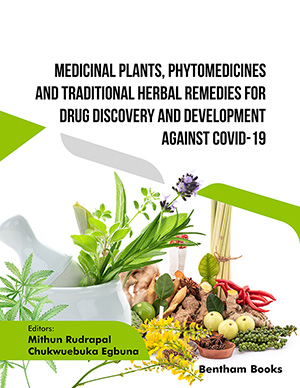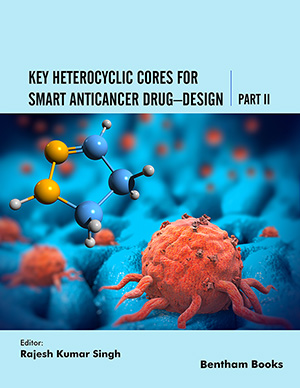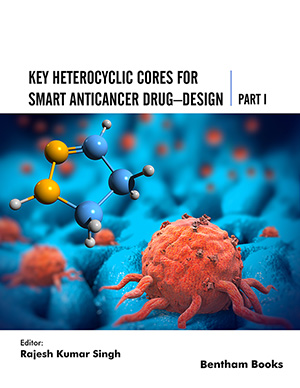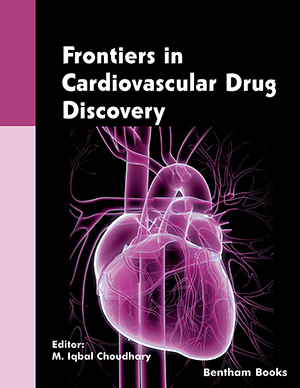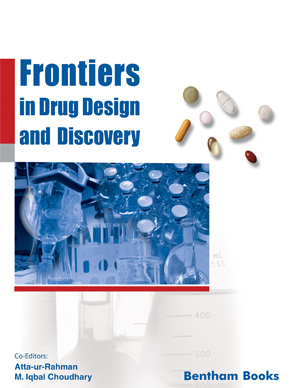Abstract
Atherosclerosis begins in early life. The role of platelets is well-documented from its early stages. A wealth of evidence associates atherosclerotic cardiovascular disease with inflammatory diseases. The role of environmental factors, including air pollution, remains overlooked. Some studies have documented the effect of air pollution on inflammatory and pro-thrombotic factors implicated in the progression of cardiovascular diseases. In particular, the increase of platelet count and platelet hyper-reactivity towards agonists are emerging as markers of hematologic and hemostatic changes in response to the exposure to air pollutants. The systemic pro-inflammatory and pro-thrombotic response to the inhalation of fine and ultrafine particulate matters is seemingly associated with platelet activation. This association may have a clinical significance, particularly in the presence of cardiometabolic risk factors, and may indicate the need for antiplatelet treatment. It is of particular relevance to further study the significance of platelet activation and anti-platelet therapies in primordial/primary preventive measures in children and adolescents at risk of accelerated atherosclerosis.
Keywords: Atherosclerosis, air pollution, platelet activation, inflammation, prevention, dyslipidemia, hypertension, atherothrombosis, hypercoagulation, photochemical smog, thrombosis, vasoconstriction, arrhythmias, endothelial protein C receptor antigen, thrombomodulin, hemoglobin, neutrophil, platelet count, Platelet Function Analyzer, antiplatelet therapy
 6
6












